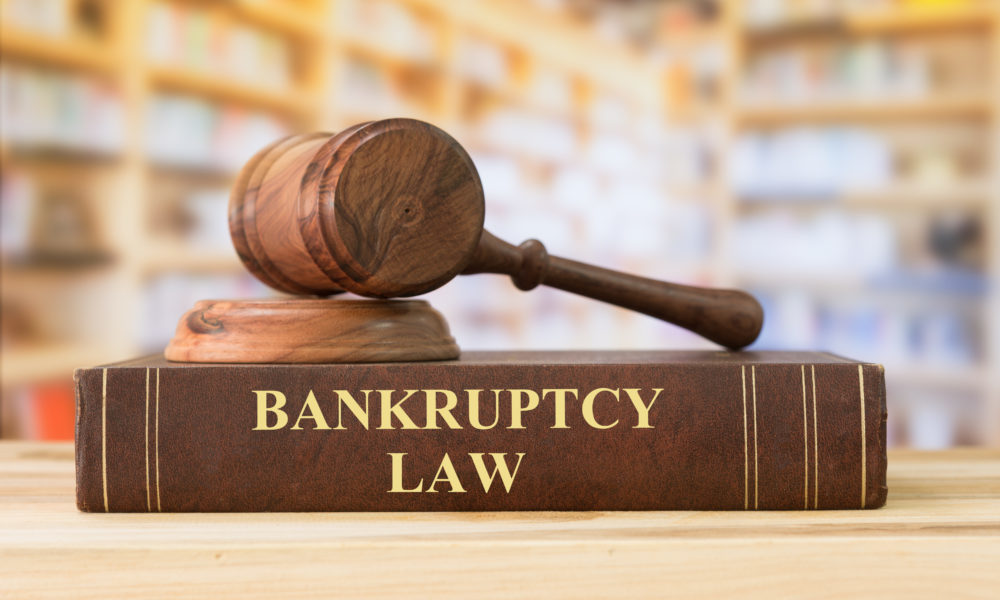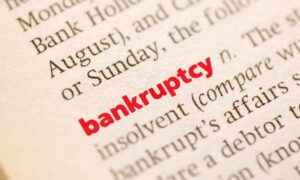
Bankruptcy laws are designed to provide relief to individuals and businesses that are overwhelmed by debt. In the United States, bankruptcy is governed by federal law, and changes to these laws can have a significant impact on those considering bankruptcy as an option. Here are some of the recent changes to bankruptcy law that you need to know:
Chapter 7 Means Test
One of the most significant changes to bankruptcy law in recent years is the addition of the Chapter 7 means test. The means test is used to determine if an individual or family has the means to repay their debts. If they do not, they may be eligible to file for Chapter 7 bankruptcy, which allows them to discharge most types of unsecured debt.
The means test takes into account a person’s income, expenses, and debt to determine if they are eligible for Chapter 7 bankruptcy. If a person’s income is below the median income for their state, they are automatically eligible for Chapter 7. If their income is above the median, they must pass a more in-depth means test to determine their eligibility.
Chapter 13 Eligibility
Another change to bankruptcy law is the eligibility requirements for Chapter 13 bankruptcy. Chapter 13 bankruptcy allows individuals to reorganize their debt and create a payment plan to repay their creditors over three to five years. Previously, there were no limits on the amount of debt that could be included in a Chapter 13 repayment plan. However, new rules now limit the amount of secured and unsecured debt that can be included in a Chapter 13 plan.
Individuals with secured debts (such as a mortgage or car loan) of more than $1,184,200 or unsecured debts (such as credit card debt) of more than $394,725 are not eligible for Chapter 13 bankruptcy. These individuals may still be able to file for Chapter 7 bankruptcy, which has no debt limits.
Student Loans

Student loans have long been a difficult type of debt to discharge in bankruptcy. However, recent changes to bankruptcy law have made it slightly easier for individuals to have their student loans discharged in certain circumstances. To have student loans discharged in bankruptcy, a person must prove that repaying the loans would cause an undue hardship.
Previously, there was no clear definition of what constituted an undue hardship. However, recent court cases have established a three-part test that must be met to discharge student loans in bankruptcy:
- The debtor cannot maintain a minimal standard of living if forced to repay the loans;
- The debtor’s financial situation is unlikely to improve in the future; and
- The debtor has made a good faith effort to repay the loans.
Bankruptcy law is complex and constantly evolving. These recent changes to bankruptcy law are just a few examples of the many rules and regulations that govern the bankruptcy process. If you are considering bankruptcy as an option for dealing with overwhelming debt, it is important to consult with a qualified bankruptcy attorney who can guide you through the process and help you make informed decisions about your financial future.








